Home>Articles>What Happens If You Leave The Freezer Door Open Overnight
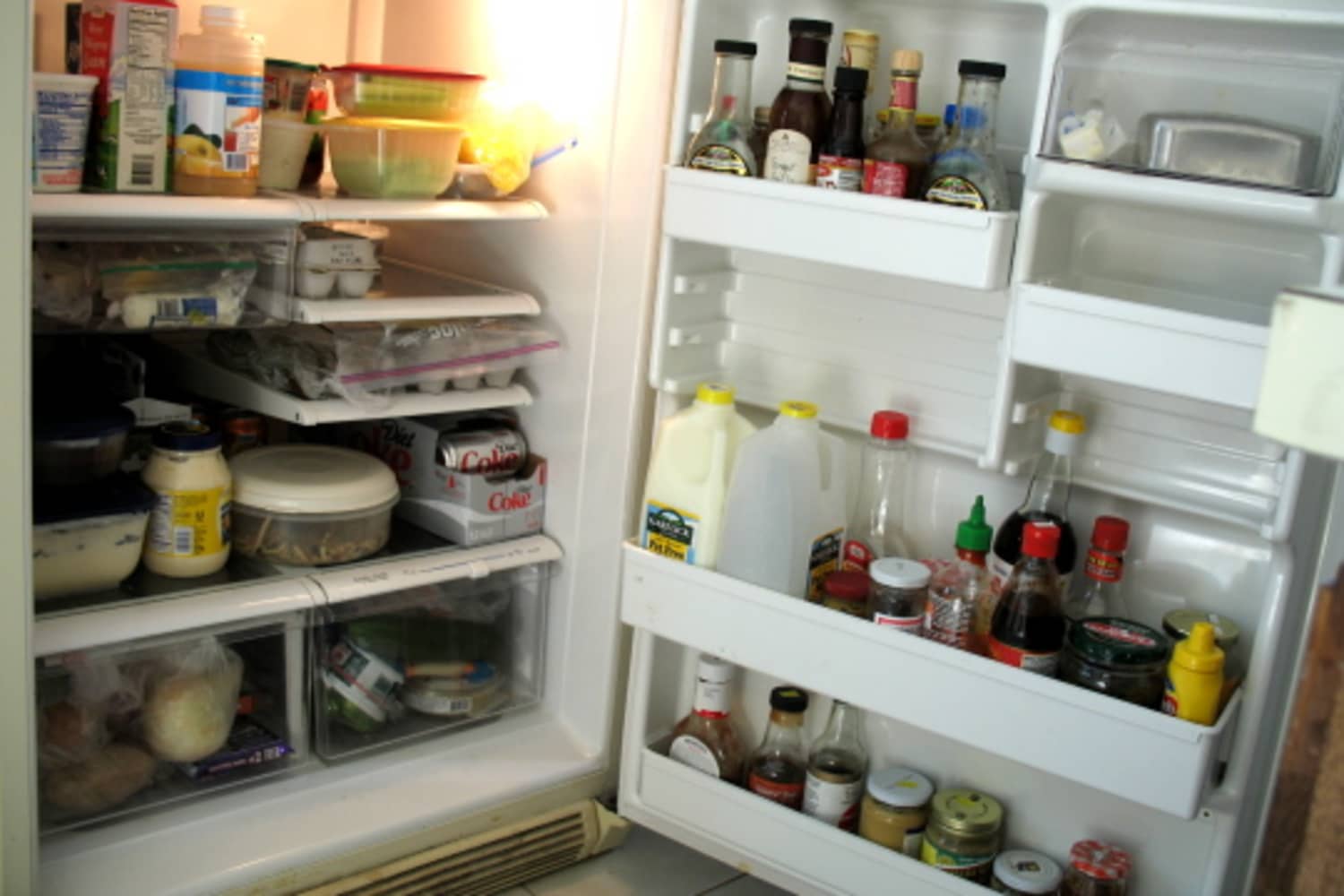

Articles
What Happens If You Leave The Freezer Door Open Overnight
Modified: August 17, 2024
Discover the consequences of leaving your freezer door open overnight in this informative article. Learn how it affects food safety and energy consumption.
(Many of the links in this article redirect to a specific reviewed product. Your purchase of these products through affiliate links helps to generate commission for Storables.com, at no extra cost. Learn more)
Introduction
Leaving the freezer door open overnight may seem like a harmless mistake, but it can actually have some serious consequences. Freezers are designed to keep our food fresh and preserve it for longer periods of time. When the freezer door is left open, it disrupts the optimal temperature and environment required for food storage. This can lead to various issues such as spoilage, increased energy consumption, and potential damage to the freezer itself. In this article, we will explore the effects of leaving the freezer door open overnight and provide tips on how to prevent this from happening.
Key Takeaways:
- Accidental freezer door openings can lead to food spoilage, increased energy consumption, and potential damage to the appliance. Being mindful and proactive in freezer maintenance is crucial to avoid these consequences.
- Implementing preventative measures such as organizing the freezer, checking the door gasket, and establishing a routine can help minimize the risk of accidental freezer door openings. These simple actions can contribute to maintaining food freshness and reducing energy waste.
Read more: What Happens If You Leave Leaves On Grass
Understanding a Freezer
Before diving into the consequences of leaving the freezer door open overnight, it’s important to understand how a freezer works. Freezers are appliances designed to maintain a consistently low temperature, typically below 0 degrees Celsius (32 degrees Fahrenheit). This low temperature helps to slow down the growth of bacteria and other microorganisms, preventing food spoilage. Freezers also rely on a tightly sealed environment to maintain a stable temperature and prevent cold air from escaping.
Freezers often come with adjustable temperature settings, allowing users to set the desired temperature based on the food items they are storing. These appliances are equipped with an automatic defrost system to prevent the build-up of frost and ice, which can affect the freezer’s efficiency. Additionally, most freezers have a sealing mechanism on the door, such as a gasket, to ensure an airtight closure when the door is shut.
Understanding the basic functioning of a freezer helps us grasp the importance of keeping the door closed to maintain the desired temperature and humidity levels. Leaving the freezer door open for an extended period of time disrupts this delicate balance and can lead to several unfavorable outcomes.
Consequences of Leaving the Freezer Door Open Overnight
Leaving the freezer door open overnight can have numerous negative consequences. While it may seem like a minor oversight, the impact can be significant. Here are some of the consequences you may encounter:
- Spoilage of Food: When the freezer door is left open, warm air from the surrounding environment enters the freezer. This warm air can cause the temperature inside the freezer to rise, increasing the risk of food spoilage. The thawing and refreezing of food can lead to changes in texture and flavor, and in some cases, it can even render the food unsafe to consume.
- Increased Energy Consumption: The freezer works harder to maintain the desired temperature when the door is open. As a result, it consumes more energy to cool down the warm air that enters. This can lead to an increase in your energy bills. Moreover, the prolonged operation of the freezer can put a strain on its components, potentially shortening its lifespan.
- Formation of Frost and Ice Build-Up: Warm air entering the freezer condenses on the cold surfaces, leading to the formation of frost and ice. This not only reduces the available storage space but also affects the overall efficiency of the freezer. The build-up of ice can restrict proper airflow, making it harder for the freezer to maintain the desired temperature.
- Potential Damage to the Freezer: Leaving the freezer door open for an extended period of time can cause the compressor to overwork as it attempts to cool down the warm air. This increased stress on the compressor can potentially lead to its failure. Furthermore, the excessive formation of frost and ice can damage the freezer’s interior components and affect its overall performance.
These consequences highlight the importance of being mindful of keeping the freezer door closed at all times, especially overnight when the risk of accidentally leaving it open is higher. It’s crucial to take preventative measures to avoid these issues and ensure the optimal performance and longevity of your freezer.
Spoilage of Food
One of the most significant consequences of leaving the freezer door open overnight is the potential spoilage of food. When warm air enters the freezer, the temperature inside rises, causing the food to thaw and exposing it to unfavorable conditions.
Food spoilage occurs when bacteria, mold, and other microorganisms grow and multiply rapidly. These organisms thrive in temperatures between 40 and 140 degrees Fahrenheit (4 and 60 degrees Celsius), commonly referred to as the “danger zone.” When the freezer temperature rises above 0 degrees Celsius (32 degrees Fahrenheit) due to the open door, it becomes an ideal environment for bacterial growth.
The thawing and refreezing process can have detrimental effects on the quality and safety of the food. Texture changes, such as the formation of ice crystals and freezer burn, can occur during these temperature fluctuations. Freezer burn causes the surface of the food to become dehydrated, resulting in dry and discolored patches.
Furthermore, certain types of food are more susceptible to spoilage than others. Perishable items like meat, poultry, and dairy products are particularly at risk. These foods have a higher moisture content, providing a favorable environment for bacterial growth. When food spoils, it not only becomes unappetizing but can also pose health risks if consumed.
It’s essential to check the quality of the food after a freezer door has been left open. Look for signs such as changes in color, texture, and smell. If you notice any abnormalities, it’s best to err on the side of caution and discard the affected items to avoid potential foodborne illnesses.
To minimize the risk of food spoilage, it’s crucial to keep the freezer door closed and maintain a consistent temperature. Additionally, organizing the freezer in a way that allows for proper air circulation and rotation of food items can help prevent spoilage. Remember to label and date your frozen foods to ensure they are used within a safe time frame.
By being mindful of the condition and quality of the stored food, you can ensure that your freezer remains a safe and effective storage solution for maintaining the freshness of your groceries.
Increased Energy Consumption
Leaving the freezer door open for an extended period of time not only affects the quality of the food but also leads to increased energy consumption. When warm air enters the freezer, it disrupts the desired temperature and forces the appliance to work harder to cool down the internal environment.
The compressor, which is responsible for cooling the freezer, has to work continuously to counteract the influx of warm air. This prolonged operation puts a strain on the compressor and other components of the freezer, potentially leading to increased wear and tear. As a result, you may notice higher energy bills and reduced efficiency over time.
The additional energy required to cool down the warm air can significantly impact your electricity consumption. The longer the freezer door remains open, the greater the amount of warm air that enters, leading to a more significant temperature rise. This, in turn, translates to more energy being consumed to restore the desired temperature to its optimal level.
To minimize energy consumption, it’s crucial to minimize the duration of time the freezer door remains open. Get into the habit of being mindful when accessing the freezer, ensuring that you retrieve all necessary items at once and close the door promptly. Avoid frequent opening and closing of the door, as this can further contribute to fluctuations in temperature and increased energy usage.
In addition to reducing the frequency and duration of door openings, it’s important to ensure that the freezer is properly sealed. The door gasket, which is the rubber lining that creates an airtight seal when the door is closed, plays a critical role in maintaining the efficiency of the freezer. If the gasket is damaged or worn out, it can result in air leaks and cause the appliance to work harder to maintain the desired temperature.
Regularly inspect the condition of the door gasket and clean it to remove any debris or residue that may hinder its effectiveness. If you notice any signs of wear or damage, consider replacing the gasket to maintain the proper sealing of the freezer door.
By being mindful of energy consumption and taking proactive measures to minimize unnecessary usage, you can not only reduce your environmental impact but also save money on your electricity bills in the long run.
Always make sure to close the freezer door tightly to prevent warm air from entering. This will help maintain the temperature and prevent food from spoiling.
Read more: What Happens If You Leave A Kettle On
Formation of Frost and Ice Build-Up
One of the consequences of leaving the freezer door open overnight is the formation of frost and ice build-up. When warm air enters the freezer, it condenses on the cold surfaces, resulting in the accumulation of frost and ice.
Frost and ice build-up can have several negative effects on the functioning of the freezer. Firstly, it reduces the available storage space. The build-up takes up valuable room, limiting the amount of food that can be stored effectively. This can be particularly problematic if you have a smaller freezer or if you tend to stock up on groceries.
Furthermore, the formation of frost and ice affects the overall efficiency of the freezer. As ice accumulates, it creates an insulating barrier that prevents the cold air from circulating properly. This restriction in airflow can lead to uneven cooling and temperature fluctuations within the freezer. Consequently, some areas may become colder, while others may experience warmer temperatures, compromising the quality and longevity of the stored food.
Ice build-up can also impede the function of the freezer’s components. Ice can accumulate on the evaporator coils, which are responsible for removing heat from the freezer. This inhibits their ability to efficiently cool the freezer, potentially resulting in poor performance and longer cooling times.
To prevent the formation of frost and ice build-up, it’s important to keep the freezer door closed and ensure a proper seal. Regularly check the condition of the door gasket and ensure it is intact and free from any obstructions. Additionally, avoid placing warm or uncovered food directly into the freezer, as this can contribute to the formation of condensation and ice.
If you notice a significant amount of frost and ice build-up in your freezer, it’s essential to defrost it. Follow the manufacturer’s instructions for defrosting, which may involve unplugging the freezer and allowing the ice to melt naturally or using a specific defrost feature. Once defrosted, clean and dry the interior of the freezer before restocking it with food.
By preventing the formation of frost and ice build-up, you can maintain the efficiency and performance of your freezer, ensuring that it continues to effectively preserve your food items for longer periods of time.
Potential Damage to the Freezer
Leaving the freezer door open for an extended period of time can potentially cause damage to the appliance itself. The prolonged exposure to warm air and the resulting temperature fluctuations can put strain on various components of the freezer, leading to potential issues and malfunctions.
One of the critical components that can be affected is the compressor. The compressor is responsible for cooling the freezer by circulating refrigerant throughout the system. When warm air enters the freezer, the compressor has to work harder to bring the temperature back down to the desired level. This increased workload can cause the compressor to overheat, potentially leading to its failure over time. Replacing a compressor can be a costly and time-consuming repair.
Additionally, the formation of frost and ice due to the open door can lead to damage within the freezer. The excessive build-up of ice can put stress on the evaporator coils, which are responsible for removing heat from the freezer. Over time, this can lead to damage and compromised performance. It may also result in longer cooling times and an increased energy consumption, further exacerbating the strain on the appliance.
The overall efficiency of the freezer can be compromised as well. With the door left open, the freezer has to work harder to maintain the desired temperature. This excessive operation can increase wear and tear on the internal components, potentially shortening the lifespan of the appliance.
To prevent potential damage to the freezer, it’s important to be mindful of keeping the door closed at all times. Make it a habit to double-check that the door is properly closed after each use, especially before leaving the kitchen or going to bed. If you have children, educate and remind them about the importance of keeping the freezer door closed to avoid any accidents or unnecessary damage to the appliance.
Regularly inspect the condition of the door gasket and ensure it is clean and free from any obstructions. If you notice any signs of wear or damage, such as cracks or tears, consider replacing the gasket to maintain an airtight seal and prevent air leakage.
By taking preventive measures to avoid unnecessary strain on the freezer and being proactive in its maintenance, you can extend its lifespan and minimize the risk of potential damage.
Tips for Preventing Accidental Freezer Door Opening
Preventing accidental freezer door opening is crucial to avoid the negative consequences associated with it. Here are some tips to help you keep your freezer door closed and maintain the optimal conditions for food storage:
- Be mindful when accessing the freezer: Before opening the freezer door, make sure you have a clear idea of what items you need. This helps minimize the time the door remains open and reduces the risk of forgetting to close it.
- Close the door properly: Ensure the freezer door is fully closed after each use. Give it a gentle push or pull to make sure it is securely sealed. Listen for the click or suction sound that indicates the door is properly closed.
- Check the door gasket: Regularly inspect the condition of the door gasket, also known as the rubber seal. Ensure it is clean and free from debris, mold, or any other obstructions that could interfere with the proper sealing of the door. If you notice any signs of wear, such as cracks or tears, consider replacing the gasket.
- Organize the freezer: Keep your freezer organized to avoid rummaging through items and inadvertently leaving the door open for longer than necessary. Use storage bins or containers to group similar items together, making it easier to locate what you need.
- Establish a routine: Incorporate closing the freezer door into your daily routine. Make it a habit to check that the door is properly closed before leaving the kitchen or going to bed. This can help reduce the chances of accidentally leaving the door open.
- Teach household members: Ensure that everyone in your household understands the importance of keeping the freezer door closed. Educate them about the potential consequences and encourage them to be mindful of their actions when using the freezer.
- Install a door alarm: Consider installing a door alarm on your freezer. These alarms will sound an alert if the door is left open for an extended period of time, providing a reminder to close it promptly.
By implementing these preventative measures, you can reduce the risk of accidental freezer door opening and maintain the optimal conditions for food storage. Remember, taking a few extra seconds to ensure the door is properly closed can save you from potential spoilage, increased energy consumption, and damage to your freezer.
Conclusion
Leaving the freezer door open overnight may initially seem like a harmless mistake, but it can have significant consequences. Understanding the workings of a freezer and the implications of an open door can help us appreciate the importance of proper freezer maintenance.
Accidental freezer door opening can lead to spoilage of food, increased energy consumption, formation of frost and ice build-up, and potential damage to the freezer itself. These issues can not only impact the quality and safety of the stored food but also result in higher energy bills and potential repairs or replacements.
To prevent these consequences, it’s essential to be mindful when accessing the freezer, ensure a proper seal by checking the door gasket, and maintain an organized freezer to minimize search time and the duration the door remains open. Establishing a routine and teaching household members about the importance of keeping the freezer door closed can also contribute to preventing accidental openings.
By implementing these tips and being proactive in freezer maintenance, you can ensure the longevity and efficient performance of your freezer while keeping your food fresh and safe for consumption.
Remember, the freezer is designed to create an optimal environment for food storage, and it’s up to us to maintain that environment by keeping the door closed and being mindful of our actions. By doing so, we can make the most of our freezer and avoid unnecessary spoilage, energy waste, and potential damage in the long run.
Frequently Asked Questions about What Happens If You Leave The Freezer Door Open Overnight
Was this page helpful?
At Storables.com, we guarantee accurate and reliable information. Our content, validated by Expert Board Contributors, is crafted following stringent Editorial Policies. We're committed to providing you with well-researched, expert-backed insights for all your informational needs.
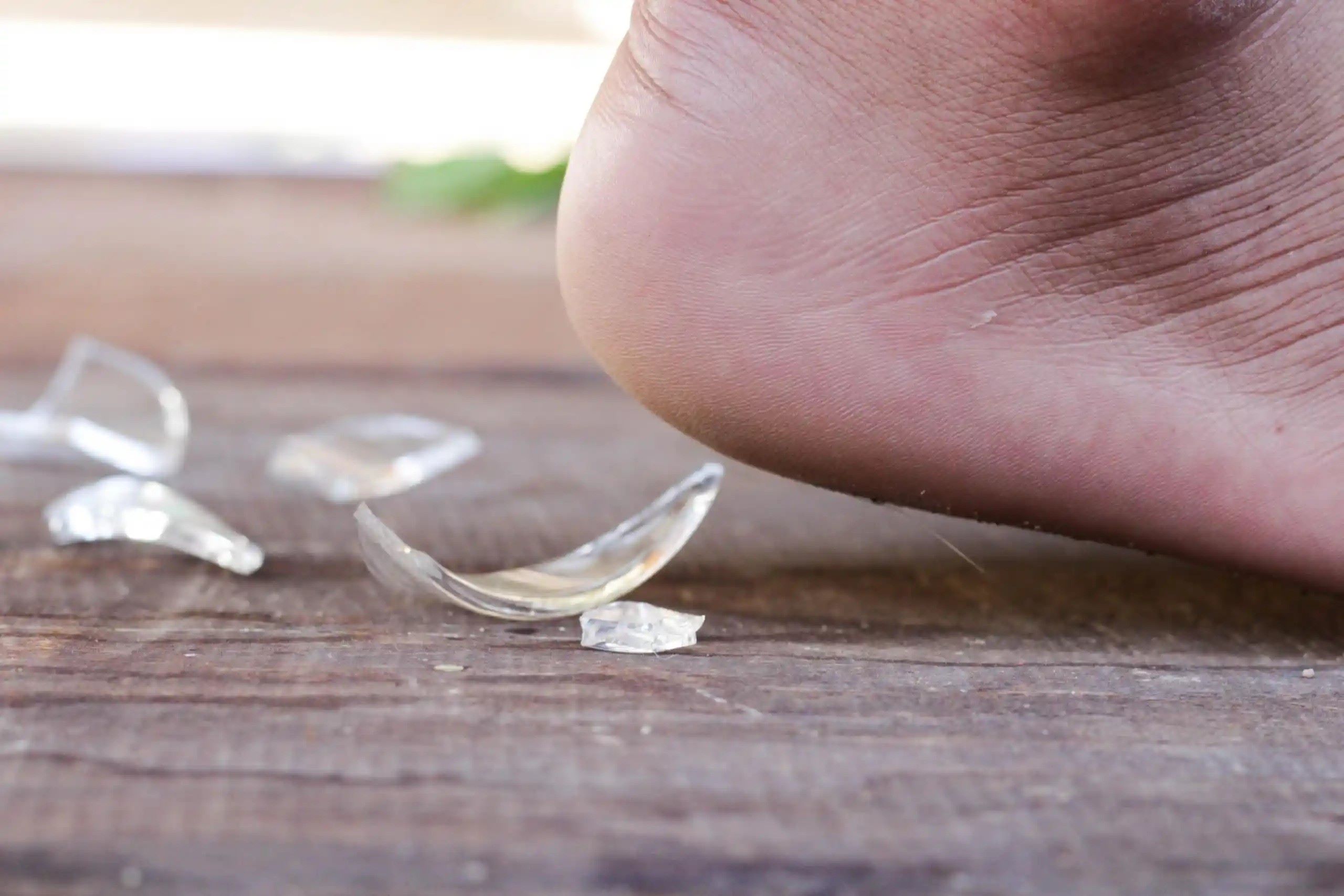

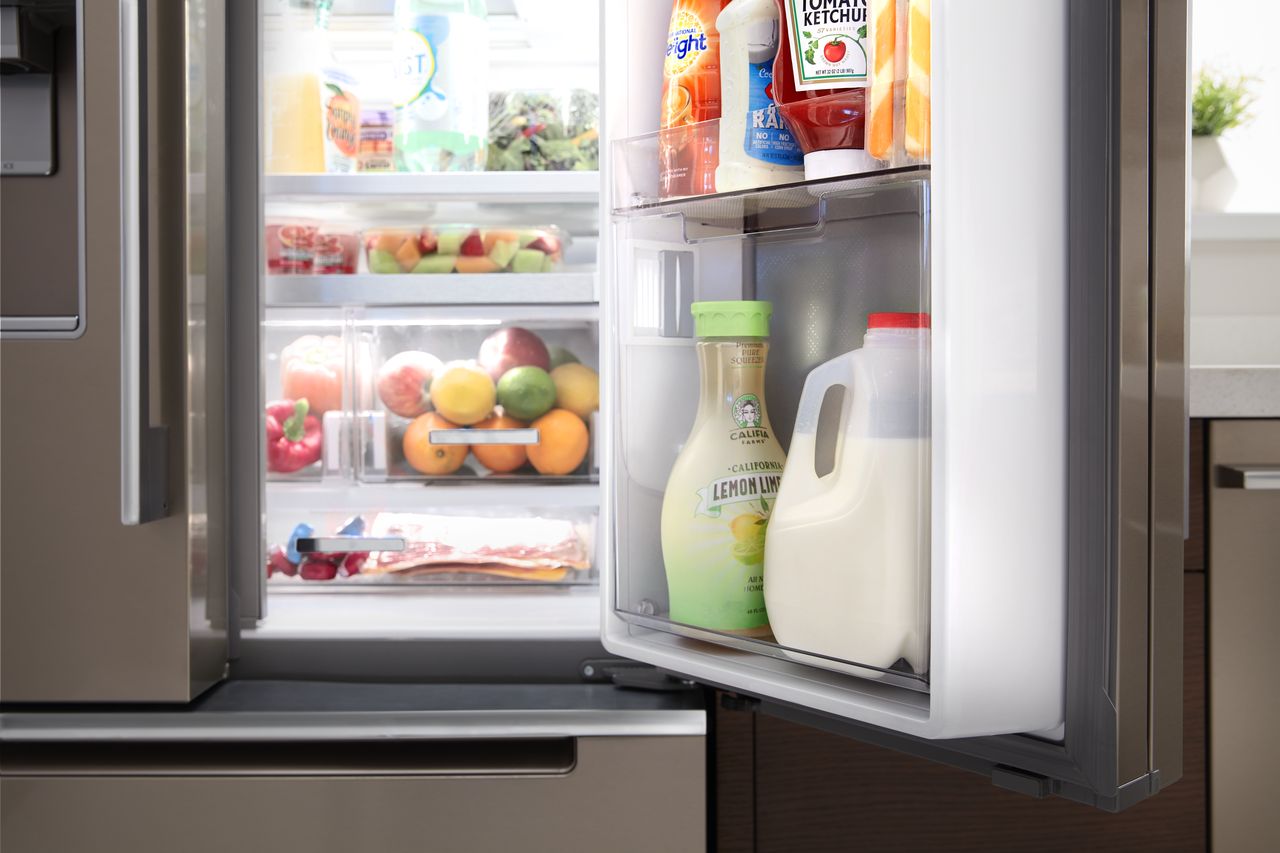
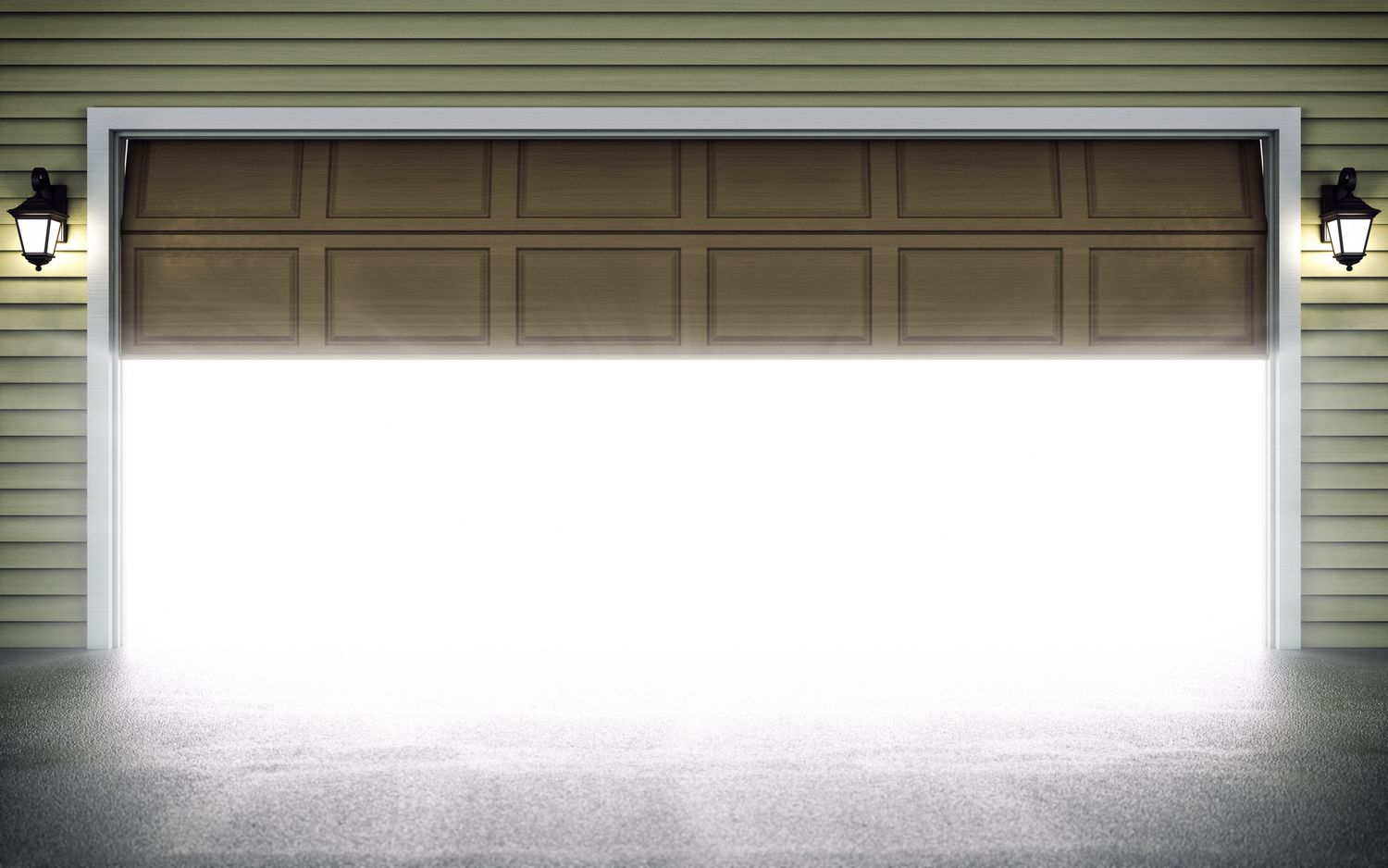
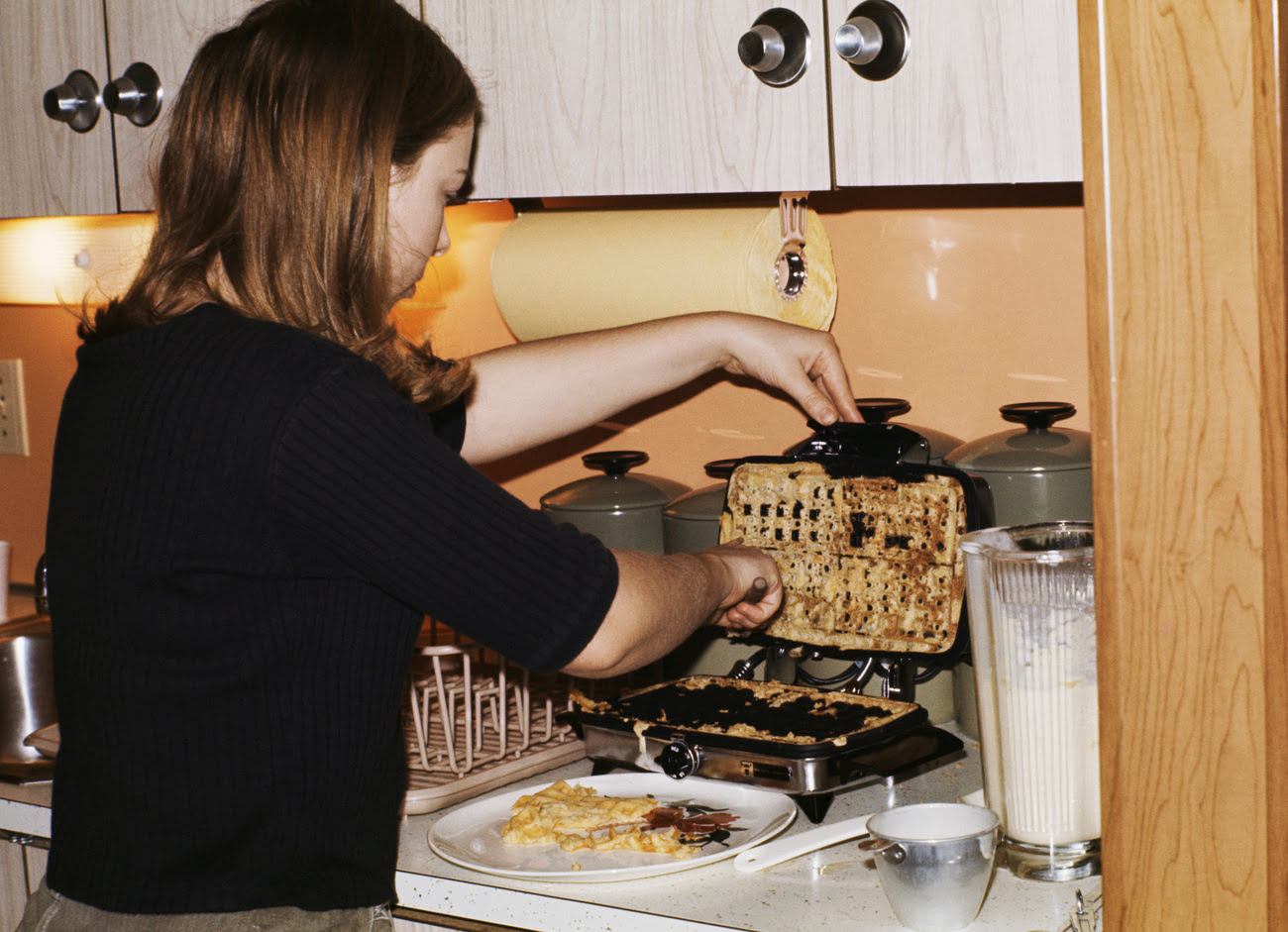
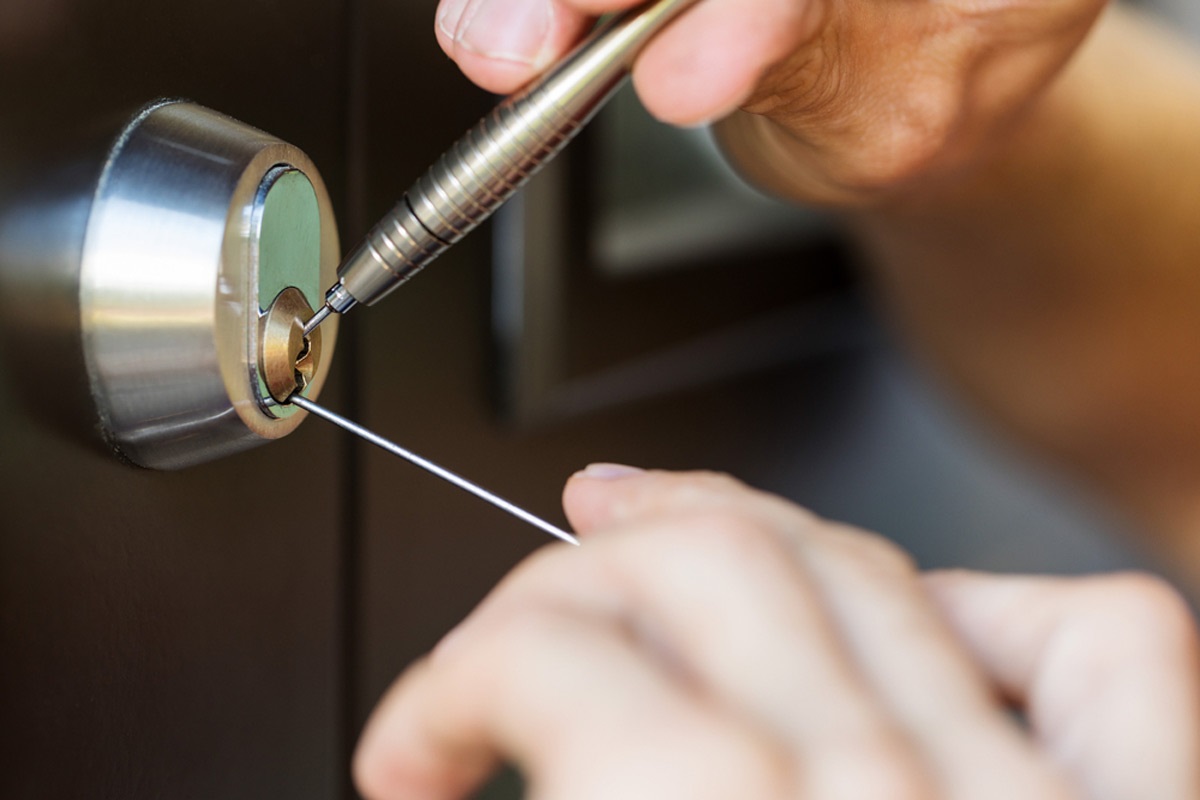


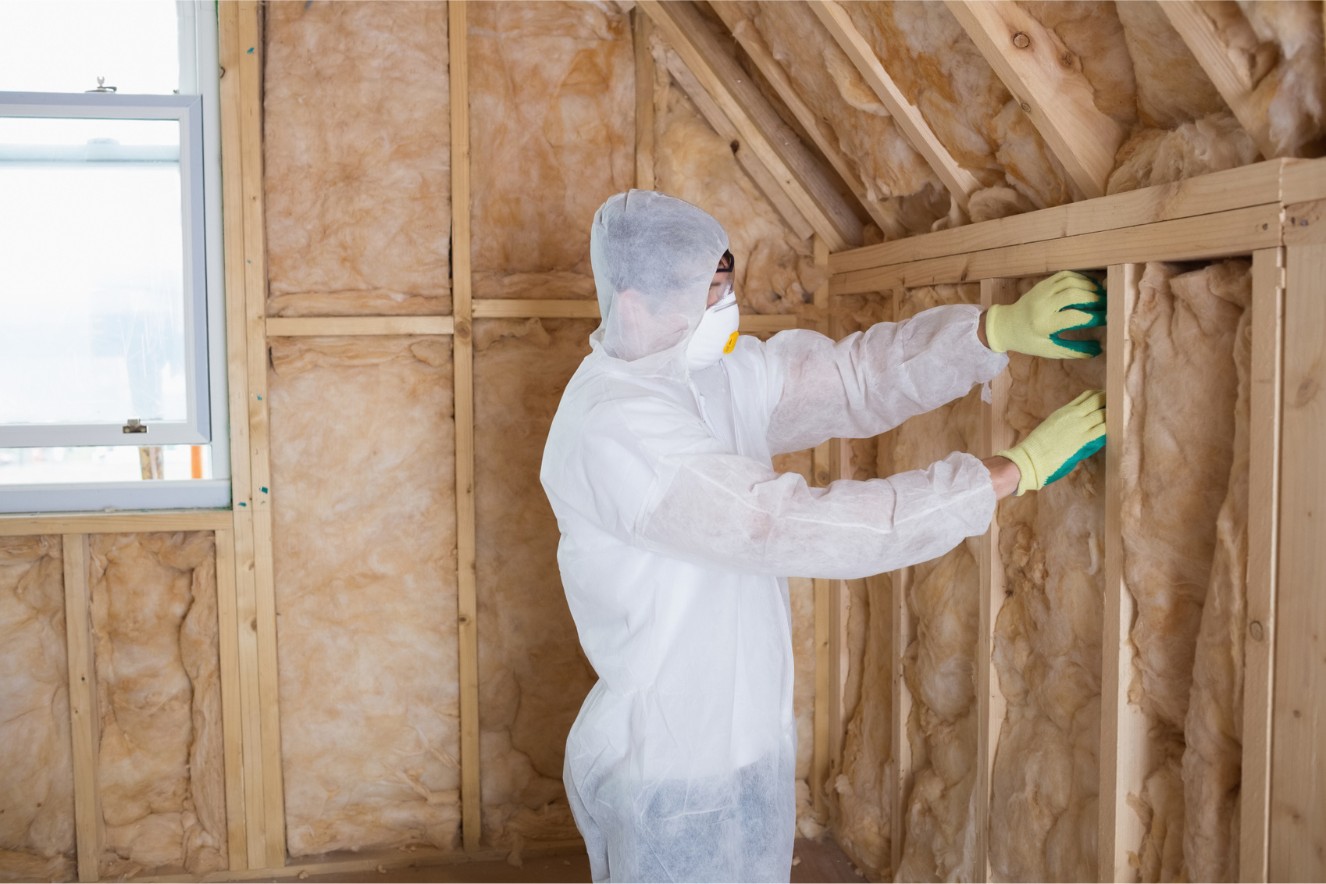


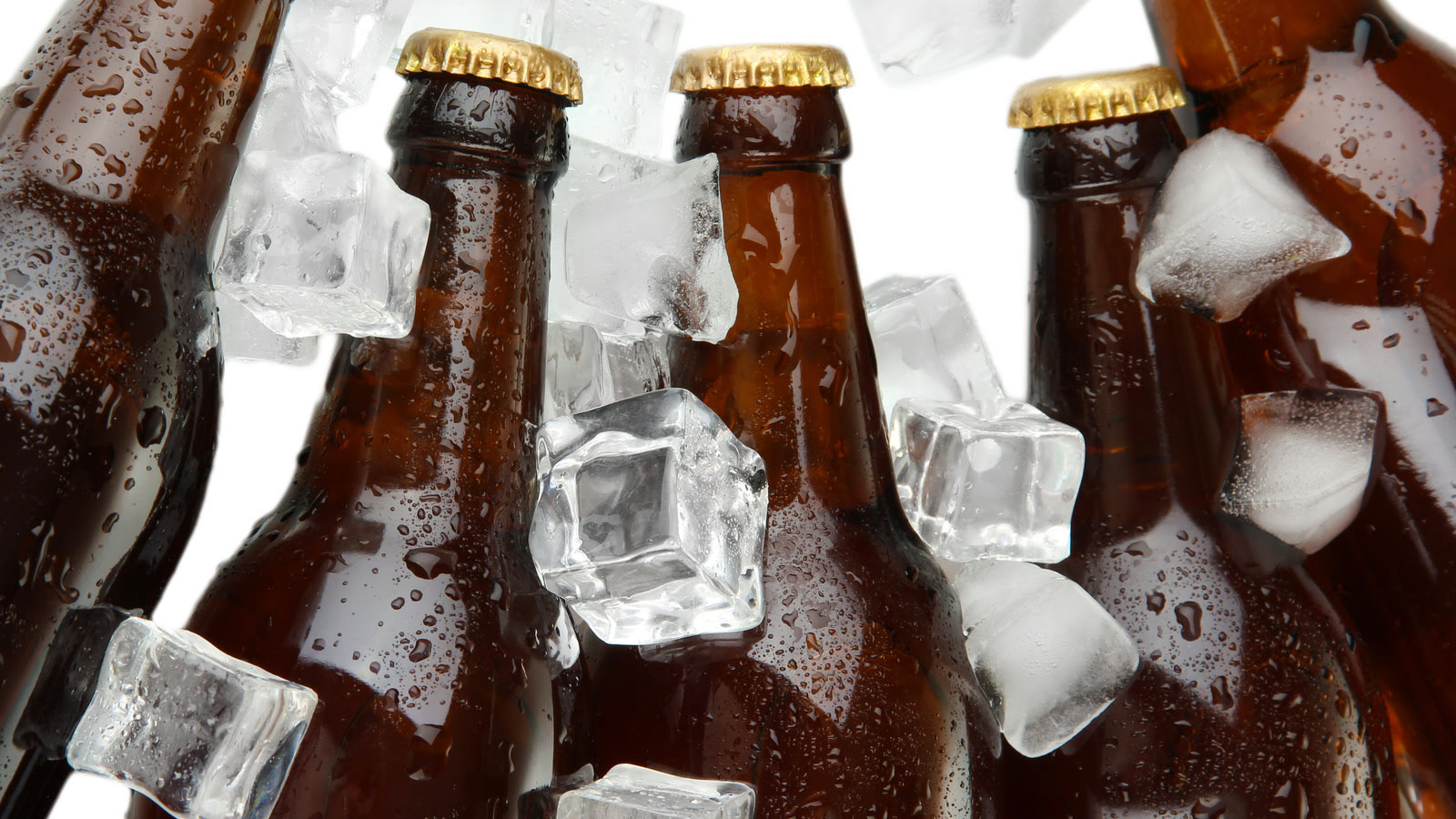
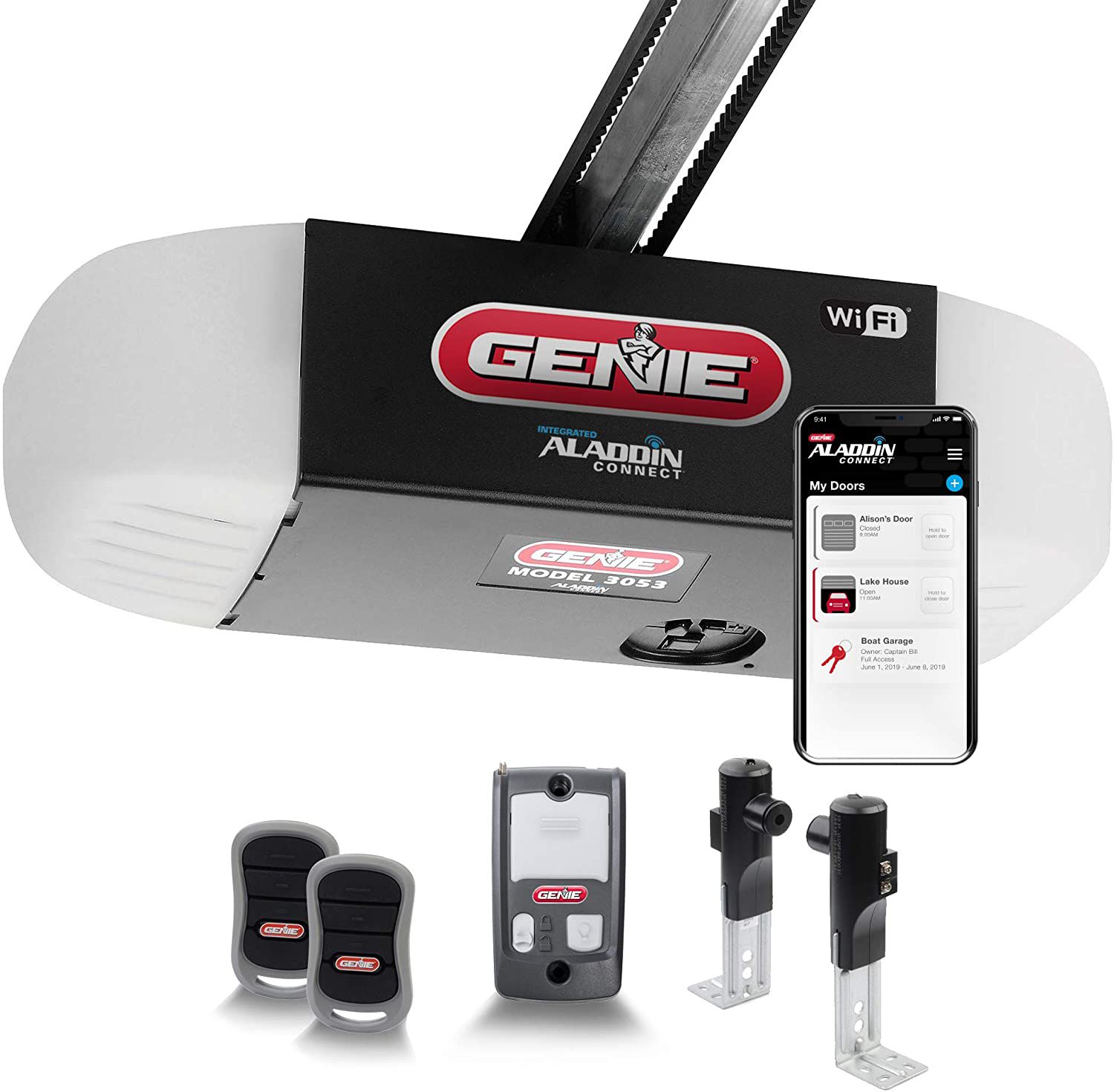
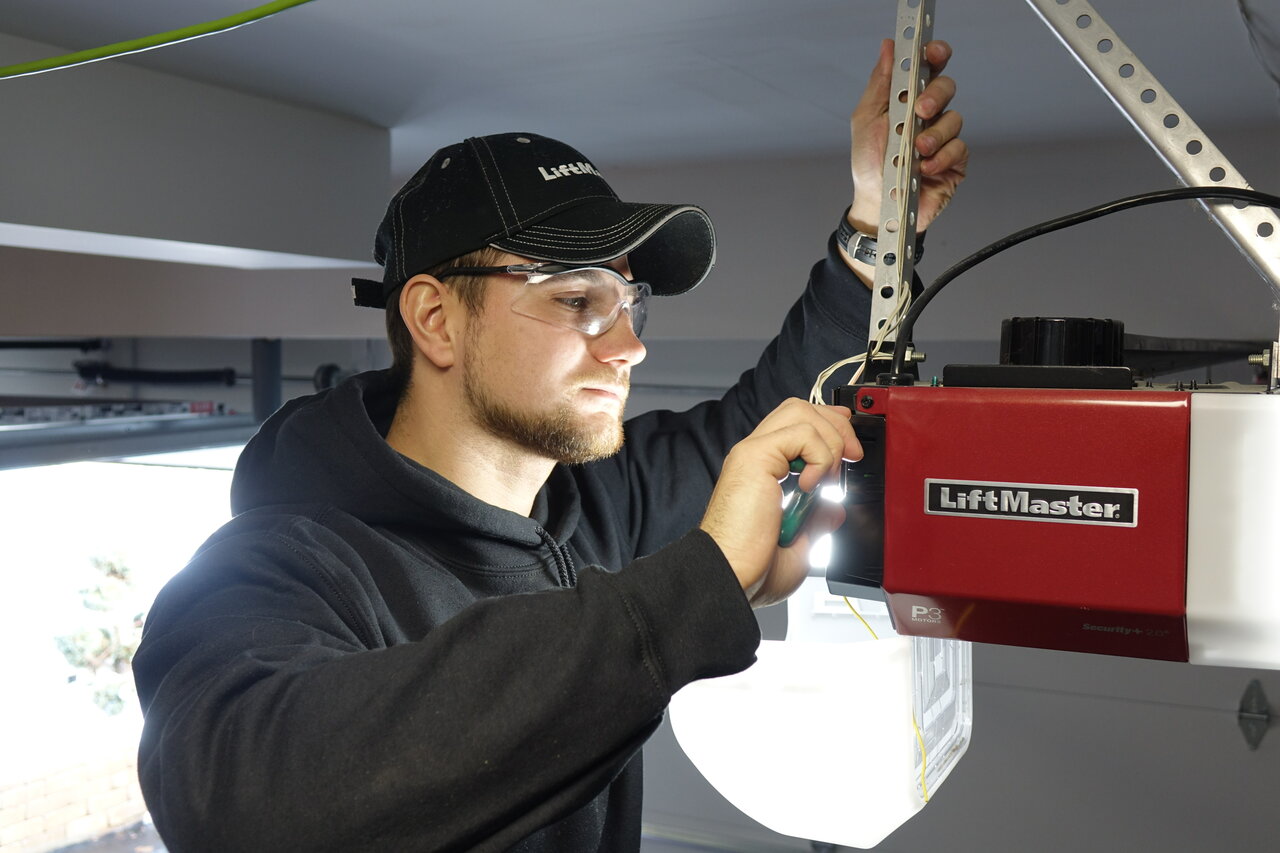

0 thoughts on “What Happens If You Leave The Freezer Door Open Overnight”